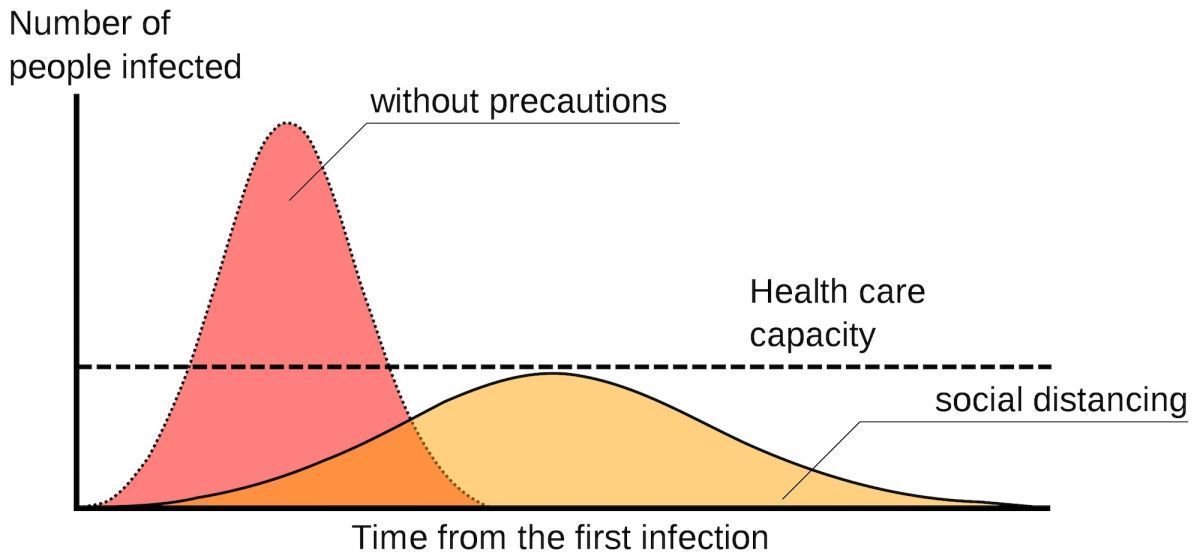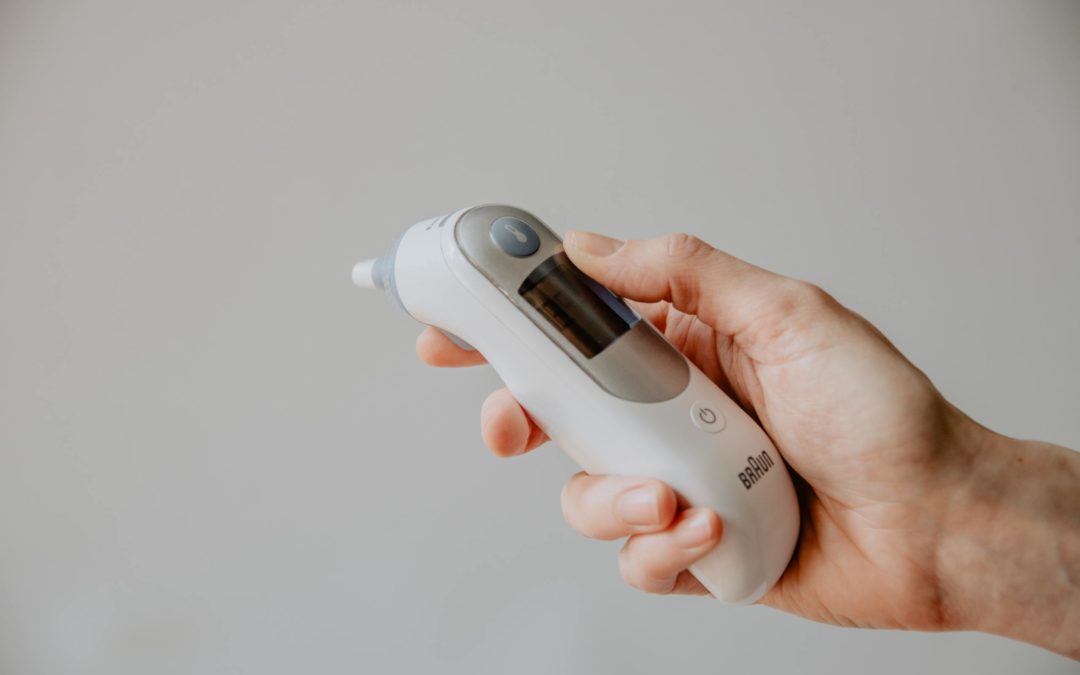As cases of the coronavirus now known as COVID-19 continue to rise worldwide, researchers have learned that older adults may be particularly susceptible to this respiratory illness, which can cause pneumonia and symptoms such as fever, cough and shortness of breath. The fatality rate is particularly high amongst the elderly and those with compromised immune systems.
According to the Alzheimers Association, dementia does not increase the risk for COVID-19 just like dementia does not increase risk for flu. However, dementia-related behaviours, increased age and common health conditions that often accompany dementia may increase risk. For example, people with Alzheimer’s disease and all other dementia may forget to wash their hands or take other recommended precautions to prevent illness. In addition, viruses like COVID-19 and the flu may worsen cognitive impairment due to dementia.
It is therefore of critical importance that caregivers of people with dementia exercise caution themselves to prevent being infected and transmitting it to the dementia patient. Caregivers of individuals living with Alzheimer’s and all other dementia should follow guidelines from the World Health Organization (WHO).
Steps to prevent Coronavirus
Wash your hands frequently – Regularly and thoroughly clean your hands with an alcohol-based hand rub or wash them with soap and water. Why? Washing your hands with soap and water or using alcohol-based hand rubs kills viruses that may be on your hands.
Maintain social distancing – Maintain at least a 1 metre distance between yourself and anyone who is coughing or sneezing. Why? When someone coughs or sneezes they spray small liquid droplets from their nose or mouth which may contain virus. If you are too close, you can breathe in the droplets, including the COVID-19 virus if the person coughing has the disease.
Avoid touching eyes, nose and mouth – Why? Hands touch many surfaces and can pick up viruses. Once contaminated, hands can transfer the virus to your eyes, nose or mouth. From there, the virus can enter your body and can make you sick.
Practice respiratory hygiene – Make sure you, and the people around you, follow good respiratory hygiene. This means covering your mouth and nose with your bent elbow or tissue when you cough or sneeze. Then dispose of the used tissue immediately. Why? Droplets spread the virus. By following good respiratory hygiene you protect the people around you from viruses such as cold, flu and COVID-19.
Social Distancing
One of the best ways to prevent an increase in the number of infections is to practice social distancing. Here are some of the ways you can do this:

Social distancing can have a profound impact on flattening the curve:

Tips for dementia caregivers at home
If you are taking care of someone with dementia we encourage you to follow these tips:
- People living with dementia may need extra and/or written reminders and support to remember important hygienic practices from one day to the next. Consider placing signs in the bathroom and elsewhere to remind people with dementia to wash their hands with soap for 20 seconds. If this frustrates the patient, play soothing music and use soap with a fragrance they prefer.
- Avoid shopping malls and crowded spaces. Make use of online shopping and meal delivery services to limit your exposure.
- Enjoy light to moderate exercise by going for a walk or being outdoors to curb a feeling of isolation.
- Limit visitors and interactions with other people, especially those that have travelled or displaying flu-like symptoms. Make use of video calls to communicate with friends and family.
- Ask your pharmacist or doctor about filling prescriptions for a greater number of days to reduce trips to the pharmacy.
- Think ahead and make alternative plans for the person with dementia should dementia day care, respite, etc. be modified or cancelled in response to COVID-19.
- Think ahead and make alternative plans for care management if the primary caregiver should become sick.
